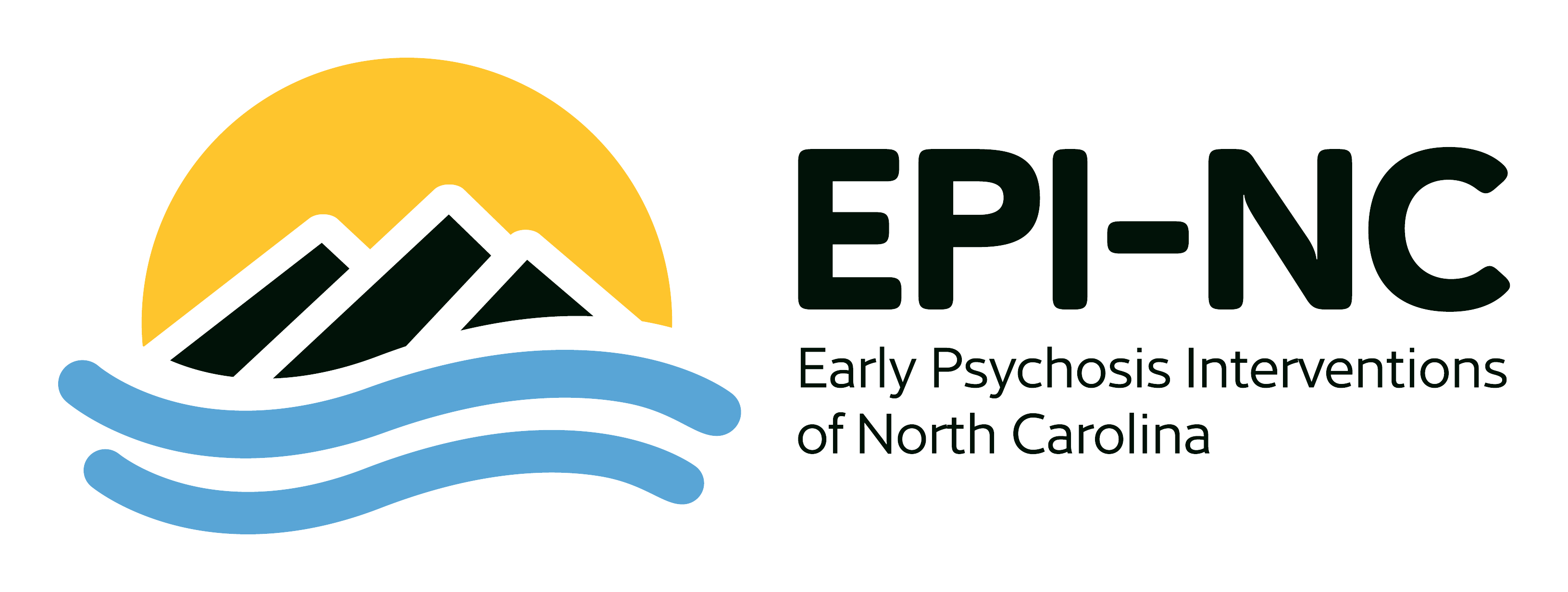For Individuals and Families
What is Psychosis?
Psychosis is a set of experiences that makes it difficult to figure out what is real and what is not real. It can feel like your mind is playing tricks on you. The experiences include hallucinations (seeing, hearing, or feeling things that are not there), delusions (false beliefs), and disorganized thinking and/or behavior.
Changes to thinking and beliefs:
- Worried that people are out to harm you
- Believing you have new, special powers
- Believing an outside force is controlling your thoughts and/or actions
New sensory experiences:
- Hearing voices or noises that others cannot hear
- Seeing images or figures that others cannot see
Difficulty with communication and/or behavior:
- More difficulty sharing your thoughts.
- People telling you they are having trouble understanding you or that what you are saying or doing does not make sense.
The good news is that psychosis is treatable. Psychosis is not anyone’s fault, and it can happen to anyone.
There are many reasons one can experience psychosis like medical illness, substance use, and mental illness. It is important for psychosis to be evaluated by a health care professional to understand the cause and to receive the right treatment.
See this helpful video to understand psychosis: Understanding “Psychosis” A guide for young people and their supporters (youtube.com)
Early warning signs
- Early signs of someone experiencing psychosis can be non-specific and difficult to identify. This may include changes to mood and behavior like withdrawing from friends and family. You may notice somebody not performing as well at school or work.
- See here for more information- https://www.psychosisscreening.org/signs-of-psychosis.html
Early evaluation and treatment are key to the best outcomes!
Steps to getting help
- An evaluation by a medical practitioner will be important to evaluate the health of both the body and the mind.
- Make an appointment with your pediatrician or primary care provider.
- If you are already connected to mental health treatment, let them know about your concerns.
- If there are more urgent concerns, like you’re worried about safety, seek help in an emergency department or call 988 or 911 in a mental health crisis situation.
- A mental health specialist will be best equipped to evaluate for signs of psychosis
Resources to learn more
- Strong365.org
- Definition of Psychosis – Early Psychosis Intervention
- For Friends & Family – HeadsUp (headsup-pa.org)
